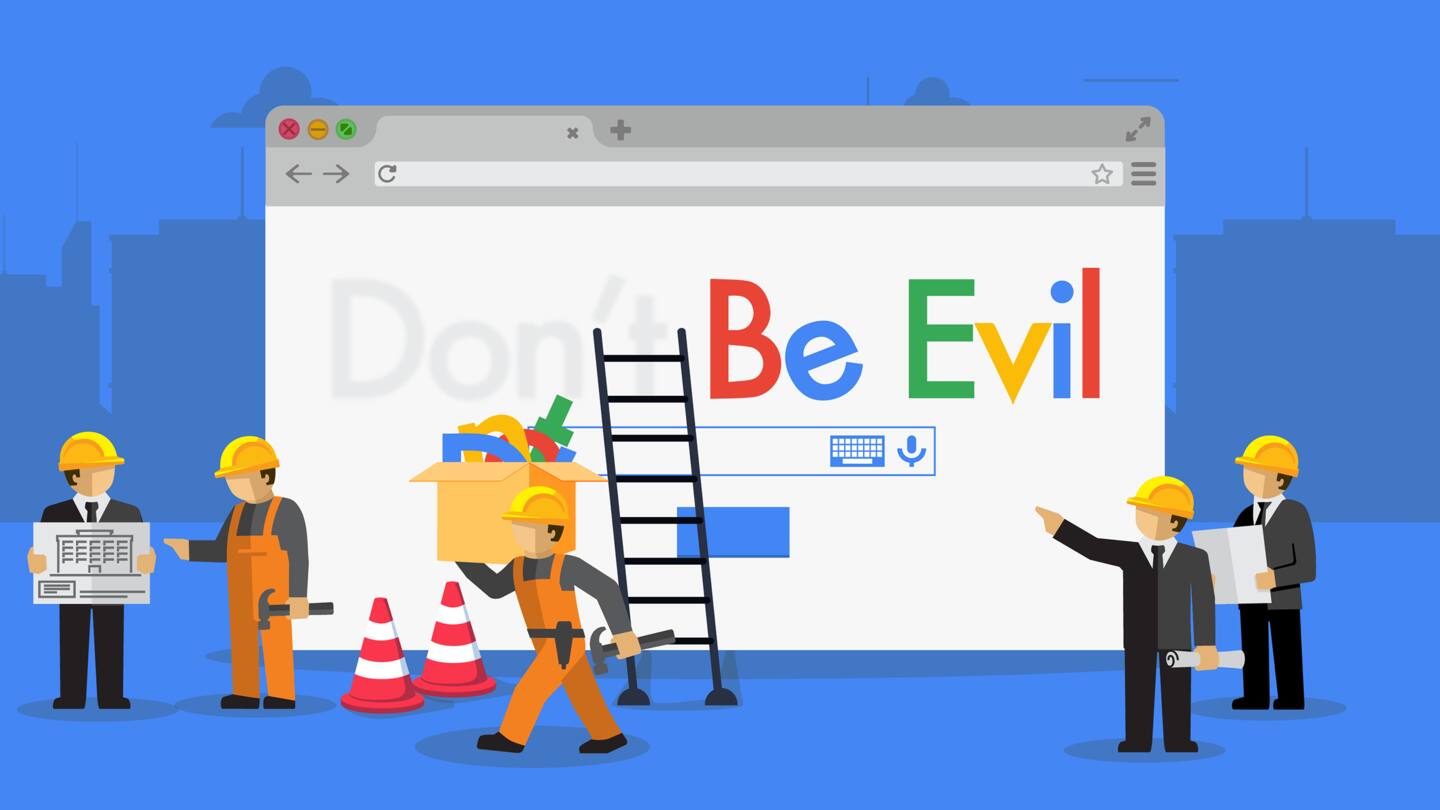
NewsBytes Briefing: Google faces a $5 billion lawsuit, and more
What's the story
Google's last-ditch effort to have the class action lawsuit thrown out has failed. Now the technology conglomerate faces $5 billion in potential fines for tracking user activity through Chrome browser's incognito mode. With complainants seeking $5,000 in damages per affected user, one can imagine how much the inevitable settlement figure would turn out to be. Here's all that has happened in the technology world.
Contactless policy
Clubhouse plays it safe with its privacy policies
Users cited concerns over Clubhouse demanding access to their contacts list to invite friends to audio chats. However, the company seems to have realized the potential class action lawsuit in the making and decided to do away with the dubious process altogether. Now, you can invite friends over by adding their phone numbers directly. That's basically stealing contacts, one number at a time.
Fortifying, not rigging
Twitter wants to shape Indian elections in totally legit manner
After "fortifying" the 2020 US presidential elections, Twitter wants to "fortify" the Indian Assembly elections. It intends to do this by facilitating civic participation. There are plenty of studies showing how Big Tech can not only increase voter turnout, but also fine tune algorithms to shape the election outcomes. It is a dangerous precedent for three Silicon Valley corporations to have this much power.
Grand affair
SpaceX continues to surround the planet with internet satellites
If there's one place devoid of politics, that would be space. That also happens to be Elon Musk's domain, because SpaceX is literally surrounding the planet with Starlink internet satellites. The company's Falcon 9 rocket completed a record-breaking ninth successful launch propelling another 60 Starlink satellites. This takes the total tally of the internet satellites in orbit upwards of 1,000.
Bluetooth pandemic
MIT researchers create the 'rona for your smartphones
Speaking of things engulfing the planet, MIT researchers have taken fancy to the coronavirus to the point that they have turned it into a virtual virus that can transmit between smartphones. The idea is to study the spread of the disease using virus-like virtual tokens that circulate and replicate between mobile devices over Bluetooth. Apparently, it's supposed to help understand the pandemic.